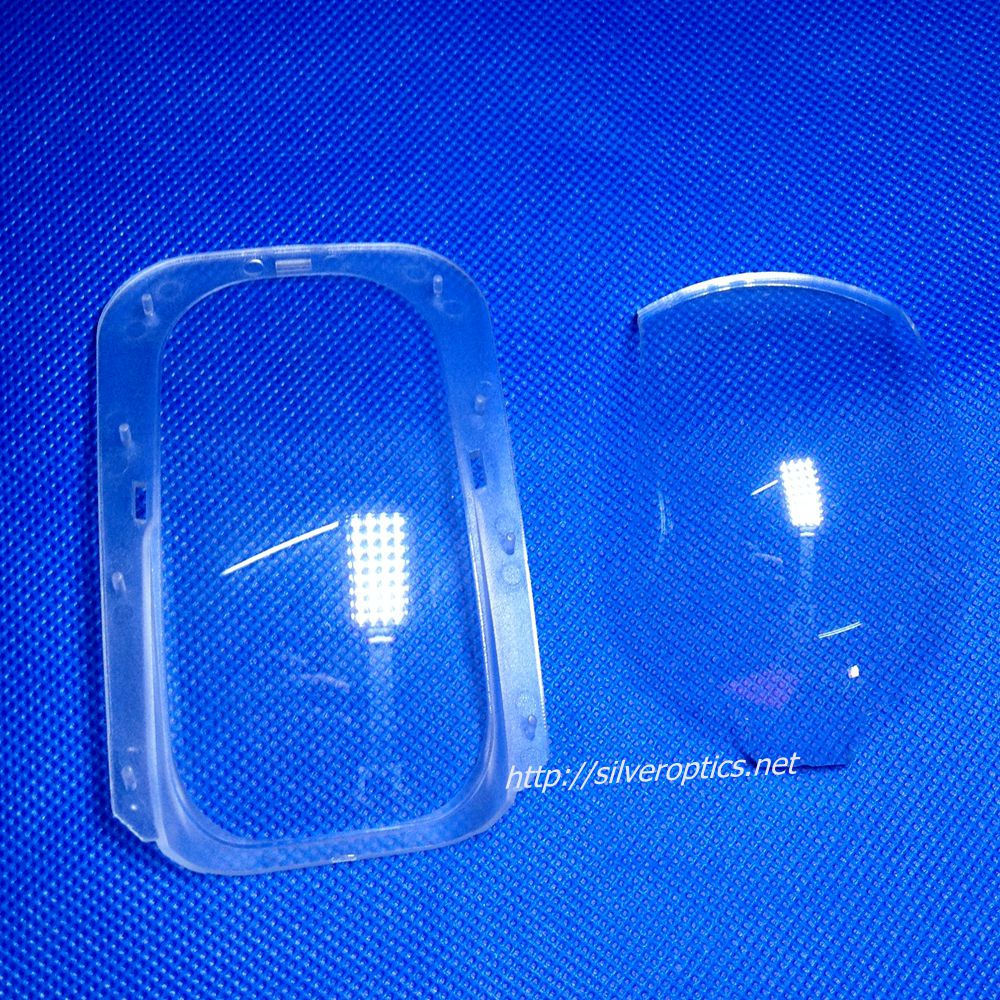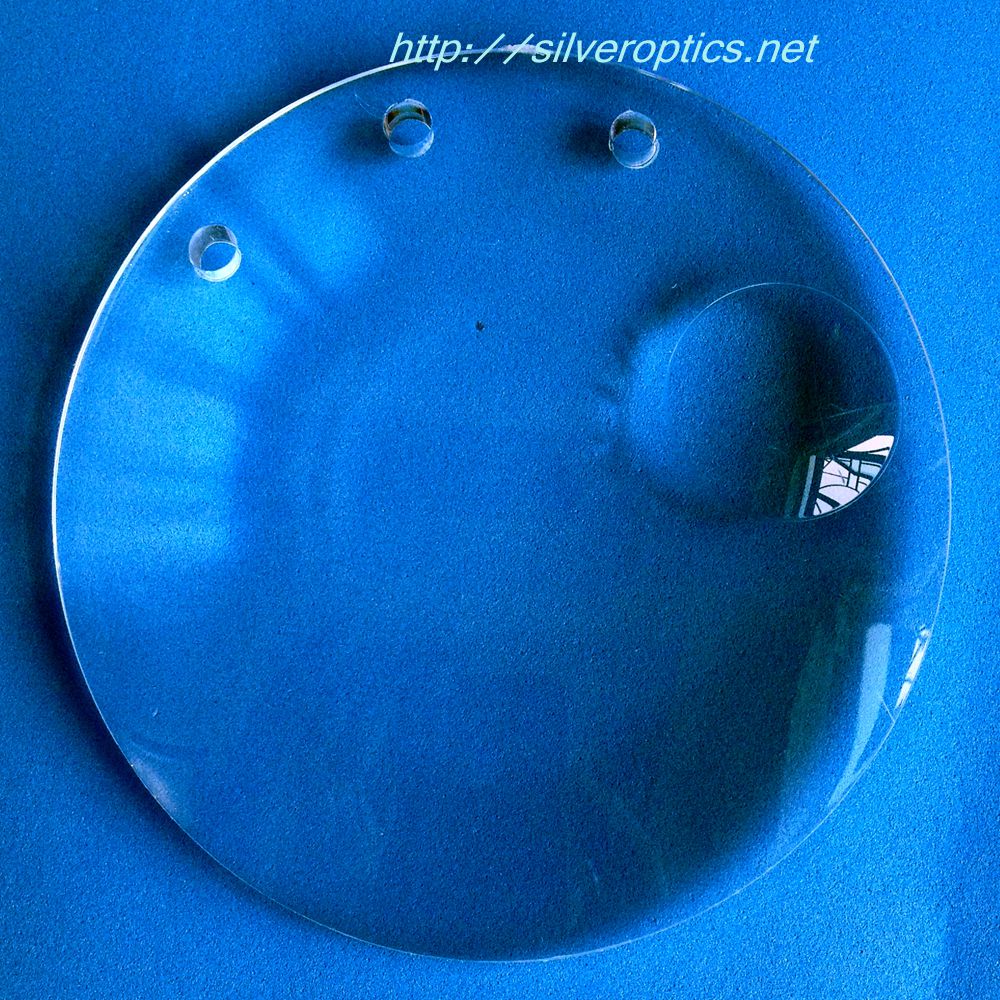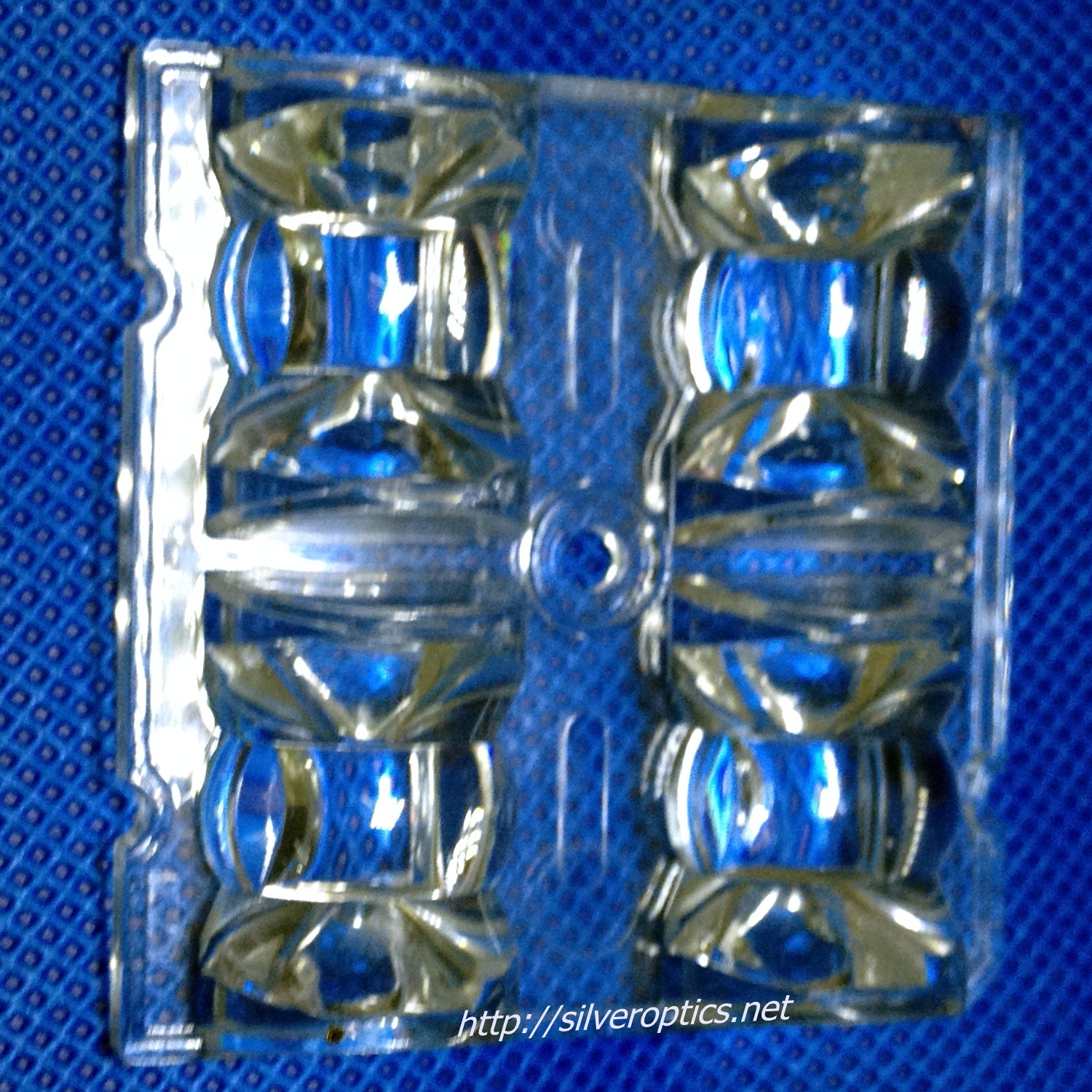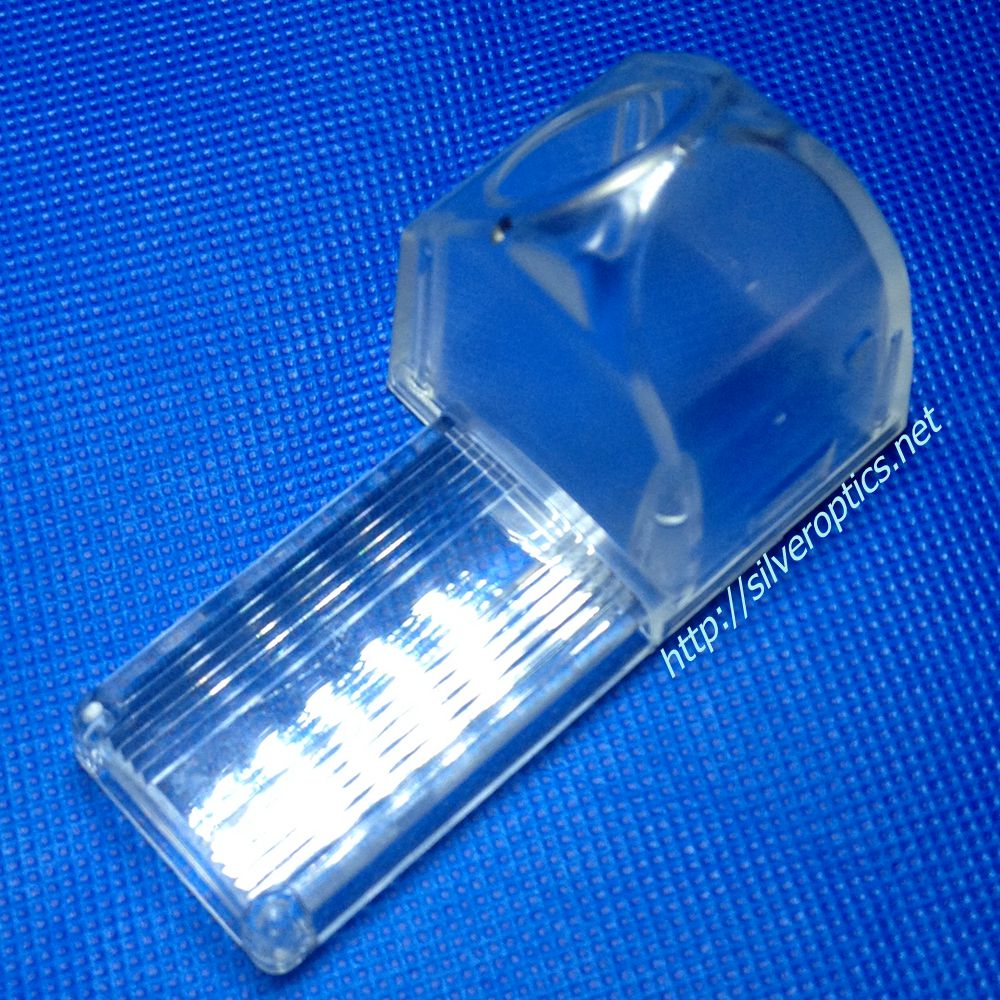护目镜片
2. **Sunglasses:** Sunglass lenses are often treated to block UV rays from the sun, protecting the eyes from damage such as cataracts and macular degeneration. They may also reduce glare and improve visibility in bright conditions.
3. **Blue Light Blocking Lenses:** With the increasing use of digital devices, there has been growing concern about the effects of blue light exposure on eye health. Blue light blocking lenses are designed to filter out a portion of the blue light emitted by screens, potentially reducing eye strain and fatigue.
4. **Sports Goggles:** These lenses are specifically designed for use during sports and recreational activities. They are often made from polycarbonate and provide impact protection against balls, sticks, or other objects.
询问- 规格
- 特征
- 应用
- 下载
Eye protection lenses are a crucial component of many types of glasses and goggles designed to safeguard the eyes from various hazards. These lenses are made from materials that are impact-resistant and capable of blocking harmful radiation, such as ultraviolet (紫外线) rays or blue light.
Here are some common types of eye protection lenses and their purposes:
1. **Safety Glasses:** These lenses are typically made from polycarbonate, a durable and impact-resistant material. They are commonly used in industrial and construction settings to protect against flying debris, chemicals, and other hazards.
2. **Sunglasses:** Sunglass lenses are often treated to block UV rays from the sun, protecting the eyes from damage such as cataracts and macular degeneration. They may also reduce glare and improve visibility in bright conditions.
3. **Blue Light Blocking Lenses:** With the increasing use of digital devices, there has been growing concern about the effects of blue light exposure on eye health. Blue light blocking lenses are designed to filter out a portion of the blue light emitted by screens, potentially reducing eye strain and fatigue.
4. **Sports Goggles:** These lenses are specifically designed for use during sports and recreational activities. They are often made from polycarbonate and provide impact protection against balls, sticks, or other objects.
5. **Prescription Lenses:** People who require corrective lenses may opt for eye protection lenses that are also tailored to their specific vision needs. These lenses can be incorporated into safety glasses, sunglasses, or other types of eyewear.
When selecting eye protection lenses, it's essential to consider factors such as the specific hazards you may encounter, 安慰, and fit. 此外, regular maintenance and replacement of lenses are crucial to ensure continued effectiveness in protecting the eyes.
2. **Sunglasses:** Sunglass lenses are often treated to block UV rays from the sun, protecting the eyes from damage such as cataracts and macular degeneration. They may also reduce glare and improve visibility in bright conditions.
3. **Blue Light Blocking Lenses:** With the increasing use of digital devices, there has been growing concern about the effects of blue light exposure on eye health. Blue light blocking lenses are designed to filter out a portion of the blue light emitted by screens, potentially reducing eye strain and fatigue.
4. **Sports Goggles:** These lenses are specifically designed for use during sports and recreational activities. They are often made from polycarbonate and provide impact protection against balls, sticks, or other objects.
5. **Prescription Lenses:** People who require corrective lenses may opt for eye protection lenses that are also tailored to their specific vision needs. These lenses can be incorporated into safety glasses, sunglasses, or other types of eyewear.
When selecting eye protection lenses, it's essential to consider factors such as the specific hazards you may encounter, 安慰, and fit. 此外, regular maintenance and replacement of lenses are crucial to ensure continued effectiveness in protecting the eyes.










